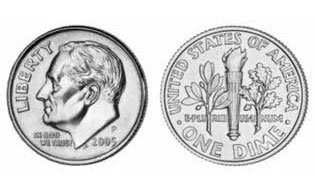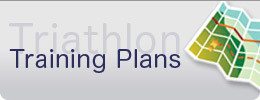by David B. Glover
My Airplane Music Paradigm
I was sitting on a plane and had my headphones plugged into my laptop listening to the music in my iTunes library. Because I was sitting over the wing, the engine noise was droning loudly in the background so I turned up the volume.
I felt a gentle tap, tap against my arm.
It’s the stewardess. ”Excuse me, sir, but I don’t think your headphones are plugged all the way in.”
I look down. Sure enough, they’re not. Oops. I hope the people around me like The Dire Straits.
My paradigm has shifted from “I’m quietly listening to my music” to “I’m annoying the passengers around me.”
Our paradigms are how we see the world – the framework and the filter through we which categorize what we see.
A simple example is if you and I are sitting across from each other looking at a coin standing on its side in between us. I see the head and you see the tail. When asked to describe the coin, we describe two completely different images even though we are both looking at the same thing.
On the airplane I had viewed myself as sitting quietly in my seat and doing my own thing. The people around me likely did not have that same perspective. My paradigm suddenly shifted when I realized that I was not the only listening to my music.
Changing Paradigms as a Conscious Choice
Ever since I first took on the role of “triathlete” in 1995 then later an “Ironman triathlete” in 1997, my paradigm was that the purpose of exercise was to prepare my body to go faster and longer in triathlon. Exercise was the means to a fitter body and higher performance. If a workout didn’t help me get faster on the swim, on the bike or on the run then most of the time I didn’t do it because I didn’t thing it would help me go faster in a triathlon.
I’ve recently changed my triathlon paradigm.
My focus this year was not about getting faster in triathlon, but on becoming a healthier athlete (not just a triathlete).
Instead of asking, “How does this help me get faster?” (old paradigm), I now ask, “How does this workout help me get healthier?” (new paradigm).
Instead of swimming with shoulder pain (my old paradigm), I’m taking Pilates and yoga classes (my new paradigm). They don’t directly help me get faster but they do directly help me become healthier.
I try to keep paradigms in mind with the athletes I coach and teach. What is his paradigm? How do she view the world? What are his goals? My athletes may not view the world the same way I do.
Want to know how somehow else views the world?
It’s simple – ask them.


